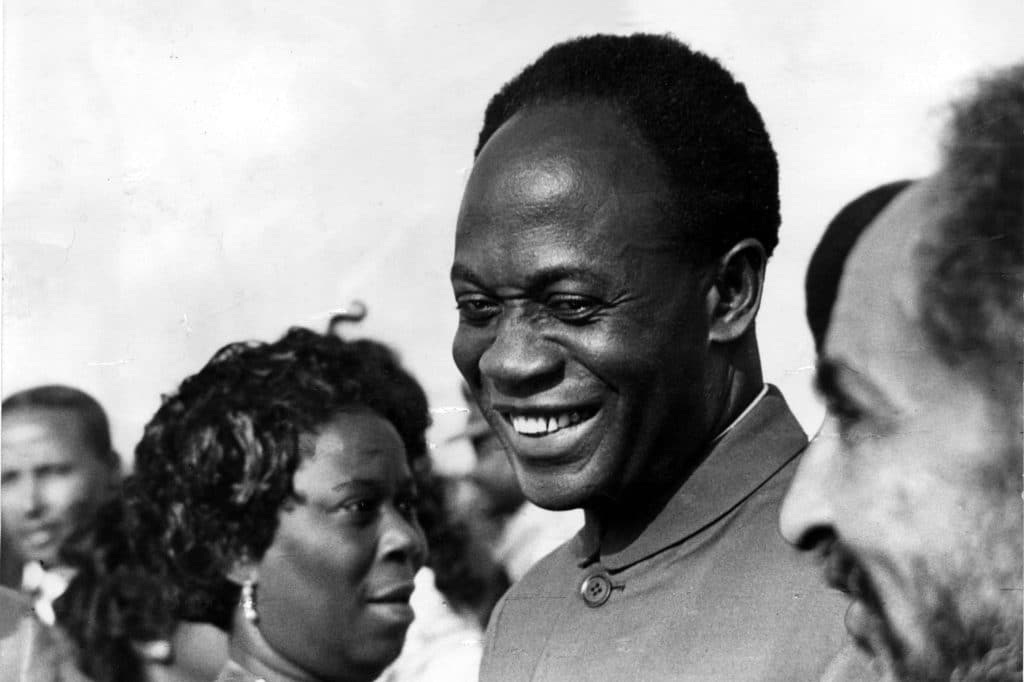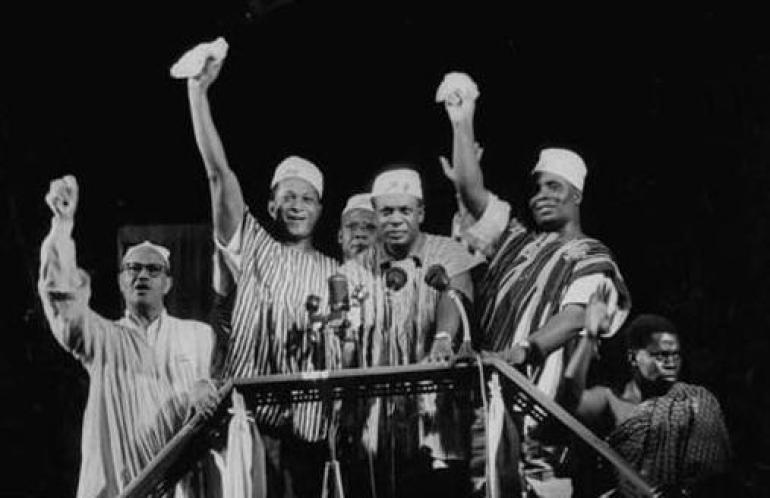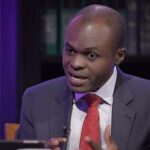Ghana’s struggle for independence from British colonial rule was one of the most significant events in the country’s history. The movement was led by a charismatic and visionary leader named Kwame Nkrumah, who played a vital role in shaping Ghana’s future as an independent nation. In this article, we will explore the history of Ghana’s independence struggle and the role that Nkrumah played in the country’s eventual liberation.
Ghana was colonized by the British in the late 19th century and became a British protectorate in 1901. For the next few decades, the country was ruled by the British, who imposed their laws and culture on the people of Ghana. This colonial period was marked by exploitation, oppression, and inequality, with the British exploiting Ghana’s natural resources and subjecting the local population to forced labor and other abuses.

In the 1940s and 1950s, a movement for independence began to take shape in Ghana. The movement was led by a group of nationalists who sought to end British rule and establish a democratic government that represented the interests of the people of Ghana. Kwame Nkrumah emerged as the leader of this movement, and his vision and leadership played a critical role in shaping the direction of the independence struggle.
About Kwame Nkrumah
Nkrumah was born in Ghana in 1909 and was educated in the United States and England. He was a charismatic and dynamic leader who was able to rally the people of Ghana around his vision of independence and self-rule. Nkrumah’s vision was based on the principles of democracy, social justice, and economic equality. He believed that the people of Ghana had the right to determine their own destiny and that they should have control over their natural resources and their political and economic systems.
Nkrumah’s leadership was instrumental in Ghana’s eventual independence. He founded the Convention People’s Party (CPP), which became the main vehicle for the independence movement. The CPP advocated for a peaceful transition to independence, and Nkrumah worked tirelessly to build support for the movement both within Ghana and internationally.
In 1957, Ghana became the first sub-Saharan African country to gain independence from colonial rule. Nkrumah became the country’s first prime minister and later its president. His vision and leadership helped to shape Ghana’s political and economic development in the early years of independence. Nkrumah’s policies focused on social justice, economic development, and African unity. He believed that Ghana could serve as a model for other African countries that were struggling for independence.

Despite his successes, Nkrumah’s leadership was not without controversy. He was criticized for his authoritarian style of government and his efforts to suppress political opposition. In 1966, he was overthrown in a military coup, and he spent the rest of his life in exile.
Today, Ghana is a thriving democracy that is recognized as one of Africa’s success stories. The country’s struggle for independence and the role of Kwame Nkrumah in that struggle is a testament to the power of visionary leadership and the determination of the people of Ghana to build a better future for themselves and their country.
In conclusion, Ghana’s struggle for independence was a critical moment in the country’s history, and the role that Kwame Nkrumah played in that struggle cannot be overstated. Nkrumah’s vision and leadership helped to shape Ghana’s future as an independent nation, and his legacy lives on today in the country’s political and economic development. The story of Ghana’s struggle for independence and the role of Nkrumah in that struggle is an inspiring example of the power of leadership and the potential of the human spirit to overcome adversity and achieve great things.
READ NEXT ON: The Pre-Colonial Period in Ghana






































